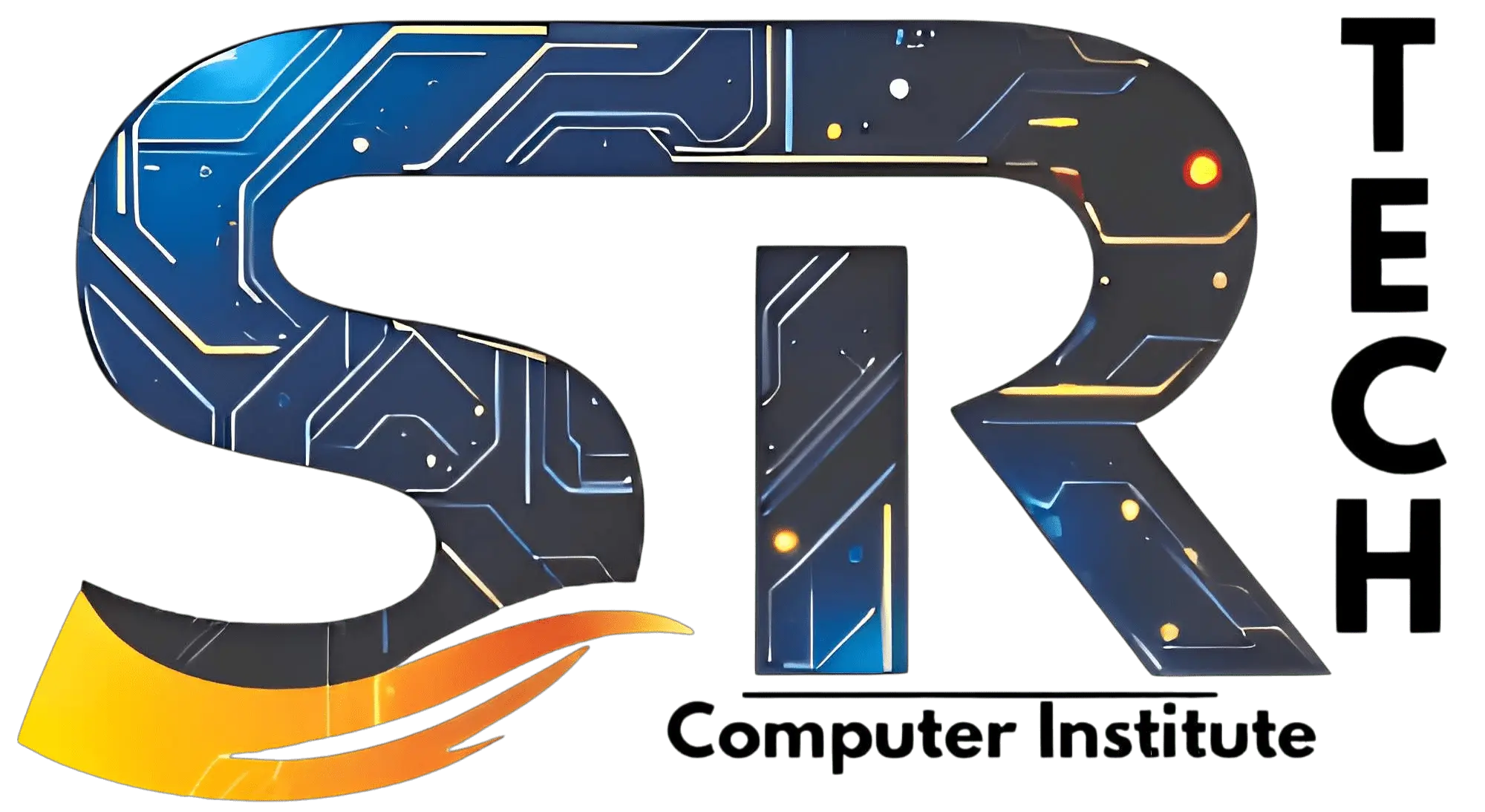Build the Future with KLiC Programming Courses
From foundational languages like C and C++ to modern technologies like Python and Java, our courses will equip you with the skills to become a successful software developer.
Explore Our CoursesOur Programming Courses
KLiC C Programming (120 hours)
Master the foundational language of modern programming with our 120-hour C course. Learn the fundamentals of procedural programming, memory management, and data structures to build a strong base for your coding journey.
What you’ll learn:
- Fundamentals of C programming, including variables, data types, and operators.
- Control structures, functions, and arrays.
- Pointers, memory allocation, and file handling.
- Building and debugging C programs.
- Programming Language
- About C Programming
- C Character Set
- Constants, Variables & Keywords
- Constants in C
- Variables in C
- Writing a C Program
- Instructions and Assignments
- Basic Operators in C Programming
- Decisions Control Structure & the If Statement
- The if-else Statement
- Use of Logical Operators
- Different types of Operators
- Points to remember
- Loops and the While loop
- While Loop
- For Loop
- Operators in Loop
- The Odd Loop
- Break Statement
- Continue Statement
- Do-while loop
- Tips to remember
- Decisions using switch
- The Tips and Traps
- Switch versus if-else Ladder
- The goto keyword
- About Functions
- Passing Values between Functions
- Scope Rule of Functions
- Calling Convention
- One Dicey Issue
- Advanced Features of Functions
- Function Declaration and Prototypes
- Call by Value or Call by Reference
- An Introduction to Pointers
- Pointer Notation
- Function Calls
- Basics of Call by value and call by reference
- Conclusions
- Recursion
- Recursion and Stack
- Adding Functions to the Library
- Data type
- Integer number variables
- Integers, signed and unsigned
- Chars, signed and unsigned
- Floats and Doubles
- Issues related to Data types
- Storage Classes in C
- Automatic Storage Class
- Register Storage Class
- Static Storage Class
- External Storage Class
- To study the Ground rules for the Storage Class
- Features of C Preprocessor
- Preprocessor and Macro Directives
- Macros with Arguments and Macros versus Functions
- Various Directives
- What are Arrays?
- Usage of Arrays
- Pointers and Arrays
- Passing an Entire Array to a Function
- Two Dimensional Arrays
- Initializing a 2-Dimensional Array
- Memory Map of a 2-Dimensional Array
- Pointers and 2-Dimensional Arrays
- Pointer to an Array 295
- Passing 2-D array to a Function
- Array of Pointers
- Three Dimensional Array
- What are Strings?
- Pointers and Strings
- Standard Library String Functions
- Two-Dimensional Array of Characters
- Array of Pointers to Strings
- Limitations of Array of Pointers to Strings
- Why Use Structures?
- Declaring a Structure
- Accessing Structure Elements
- Array of Structures
- Additional Features of Structures
- Uses of Structures
- Types of I/O
- Formatted Console I/O Functions
- sprintf( ) and sscanf( ) Functions
- Unformatted Console I/O Functions
- Data Organization
- File Operations
- Opening a File
- Reading from a File
- Trouble in Opening a File
- Closing the File
- Counting Characters, Tabs, Spaces
- A File-copy Program
- Writing to a File
- File Opening Modes
- String (line) I/O in Files
- The Awkward Newline
- Record I/O inFiles
- Text Files and Binary Files
- Record I/O Revisited
- Database Management
- Low Level Disk I/O
- A Low Level File-copy Program
- I/O Under Windows
- Using argc and argv
- Detecting Errors in Reading/Writing
- Explanation
- Standard I/O Devices
- I/O Redirection
- Redirecting the Output
- Redirecting the Input & Both Ways at Once
- Binay System & Bitwise Operators
- Bitwise AND Operator
- Bitwise OR Operator
- Bitwise XOR Operator
- One’s Complement Operator
- Shift Operator
- The showbits( ) Function
- Enumerated Data Type and its uses
- Understanding with a Program
- Renaming Data Types with typedef
- Typecasting
- Bit Fields
- Pointers to Functions
- Functions Returning Pointers
- Functions with Variable Number of Arguments
- Unions & Union of Structure
- Uses of Windows
- Integers
- The Use of typedef
- Pointers in the 32-bit World
- Memory Management & Device Access
- DOS Programming Model
- Windows Programming Model
- Event Driven Model & Windows programming
- The First Windows Program
- Hungarian Notation
- The Role of a Message Box
- Here Comes the windows
- More Windows
- A Real-World Window
- Creation and Displaying of Window
- Interaction with Window
- Reacting to Messages
- Program Instances
- Graphics fundamentals
- Device Independent Drawing
- Hello Windows program
- Drawing Shapes
- Types of Pens
- Types of Brushes
- Code and Resources
- Freehand Drawing, the Paintbrush Style
- Capturing the Mouse
- Device Context, a Closer Look
- Displaying a Bitmap
- Animation at Work
- WM_CREATE and On Create( )
- WM_TIMER and On Timer( )
- Points to remember
- Hardware Interaction
- Hardware Interaction, DOS Perspective
- Hardware Interaction, Windows Perspective
- Communication with Storage Devices
- The Read Sector( ) Function
- Accessing Other Storage Devices
- Communication with Keyboard
- Dynamic Linking
- Windows Hooks
- Caps Locked, Permanently
- Mangling Keys
- Key Logger
- What is Linux
- C Programming Under Linux
- The ‘Hello Linux’ Program
- Processes
- Parent and Child Processes
- More Processes
- Zombies and Orphans
- Communication using Signals
- Handling Multiple Signals
- Registering a Common Handler
- Blocking Signals
- Event Driven Programming
- Introduction to Memory Map
- Memory Organization
- Segmentation
- Loading OS & Booting Process
- The resident and transient memory area
- Program memory area at run time
- Memory representation of data & function objects
- Introduction
- Lexical pitfalls
- Exceptions, String & characters
- Understanding Declaration
- Exceptions in Operators’ precedence
- Use of Semicolons
- The Switch statement
- Calling functions
- The Dangling else problem
- Linkages
- External Types
- Expression evaluation sequence
- Issues related to actual parameters
- Eschew Synecdoche
- Library Function
- Preprocessor
- Portability pitfalls
- Signed & Unsigned characters
- Random numbers
- Portability problems
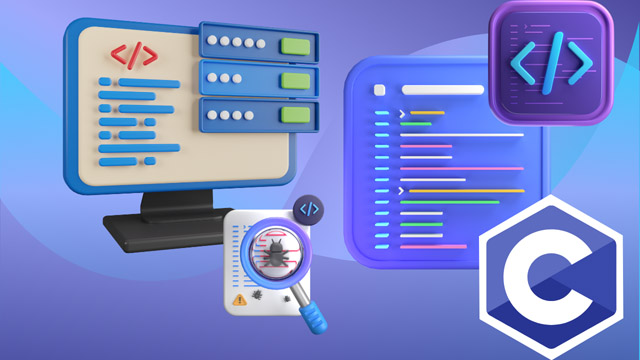
KLiC C++ (120 hours)
Dive into object-oriented programming with our 120-hour C++ course. Learn to build powerful and efficient applications using classes, objects, inheritance, and polymorphism.
What you’ll learn:
- Fundamentals of C++ and object-oriented programming.
- Classes, objects, constructors, and destructors.
- Inheritance, polymorphism, and virtual functions.
- Standard Template Library (STL) and exception handling.
- Introduction to C++ and OOP
- Classes, Objects, and Encapsulation
- Inheritance and Polymorphism
- Templates and the Standard Template Library (STL)
- Exception Handling and File I/O
- Advanced C++ Features
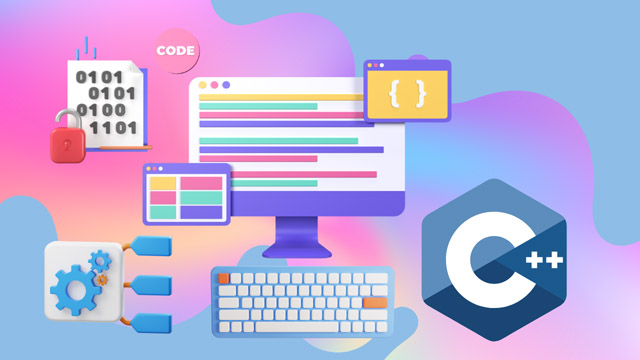
KLiC C & C++ (120 hours)
Get the best of both worlds with our comprehensive 120-hour course on C and C++. Learn both procedural and object-oriented programming to become a versatile and proficient programmer.
What you’ll learn:
- A strong foundation in both C and C++ programming.
- Understanding the differences and similarities between the two languages.
- Developing applications using both procedural and object-oriented approaches.
- Building a solid base for learning other programming languages.
- C Programming Fundamentals
- C++ and Object-Oriented Programming
- Key Differences and Migration from C to C++
- Data Structures in C and C++
- Standard Template Library (STL) in C++
- Combined Project using C and C++

KLiC C# (120 hours)
Learn to build robust and scalable applications with C# and the .NET framework in our 120-hour course. From console applications to Windows Forms, you’ll gain hands-on experience in C# development.
What you’ll learn:
- Fundamentals of C# programming and the .NET framework.
- Object-oriented programming with C#.
- Building Windows Forms applications.
- Database connectivity with ADO.NET.
- Introduction to C# and the .NET Framework
- C# Syntax and Object-Oriented Concepts
- Windows Forms and Event Handling
- Working with Databases using ADO.NET
- Exception Handling and Debugging
- LINQ and Collections

KLiC Data Analytics (120 hours)
Unlock the power of data with our 120-hour Data Analytics course. Learn to collect, clean, analyze, and visualize data to extract valuable insights and make data-driven decisions.
What you’ll learn:
- Fundamentals of data analytics and the data lifecycle.
- Using Python and its libraries (Pandas, NumPy, Matplotlib) for data analysis.
- Data cleaning, transformation, and visualization techniques.
- Statistical analysis and machine learning concepts.
- Introduction to Data Analytics
- Python for Data Science
- Data Wrangling with Pandas
- Data Visualization with Matplotlib and Seaborn
- Statistical Analysis and Hypothesis Testing
- Introduction to Machine Learning with Scikit-learn
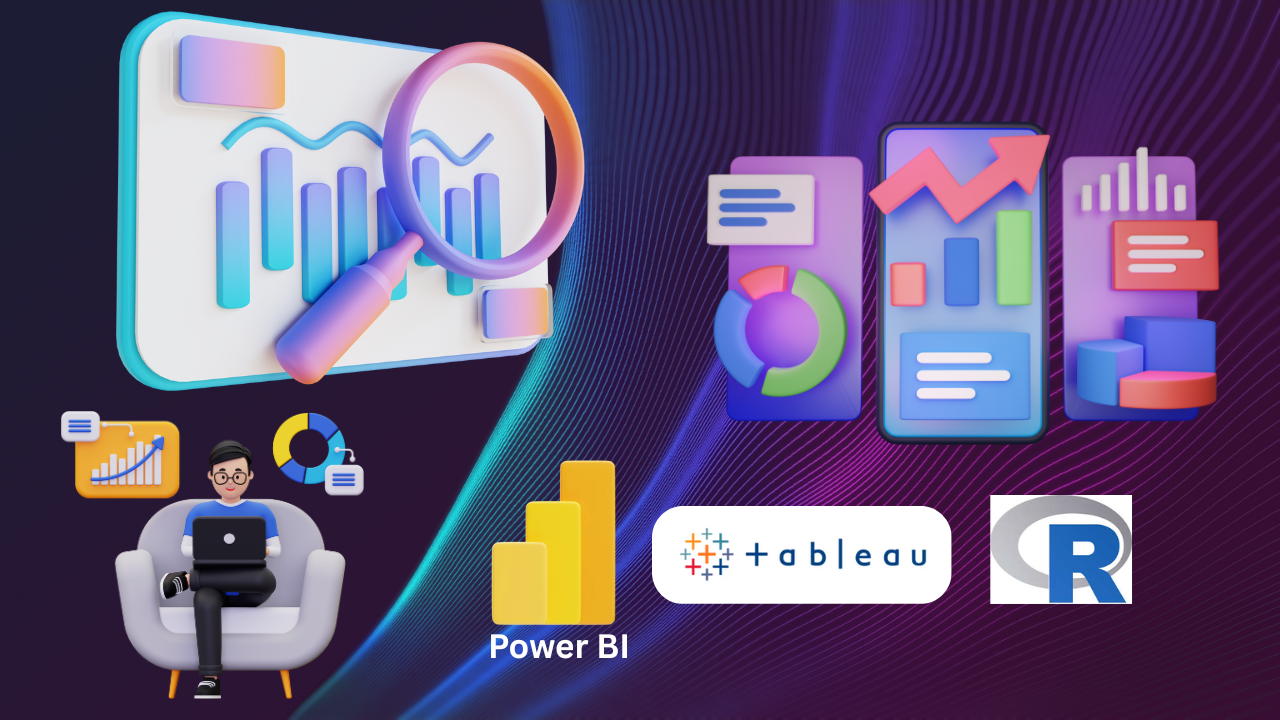
KLiC DBMS (120 hours)
Master the art of database management with our 120-hour DBMS course. Learn to design, create, and manage databases using SQL and popular database management systems like MySQL and Oracle.
What you’ll learn:
- Fundamentals of database concepts and relational models.
- Writing SQL queries to retrieve, insert, update, and delete data.
- Database design, normalization, and ER diagrams.
- Working with popular DBMS like MySQL and Oracle.
- Introduction to Databases and DBMS
- Relational Model and SQL
- Advanced SQL and Query Optimization
- Database Design and Normalization
- Transactions, Concurrency, and Recovery
- NoSQL Databases
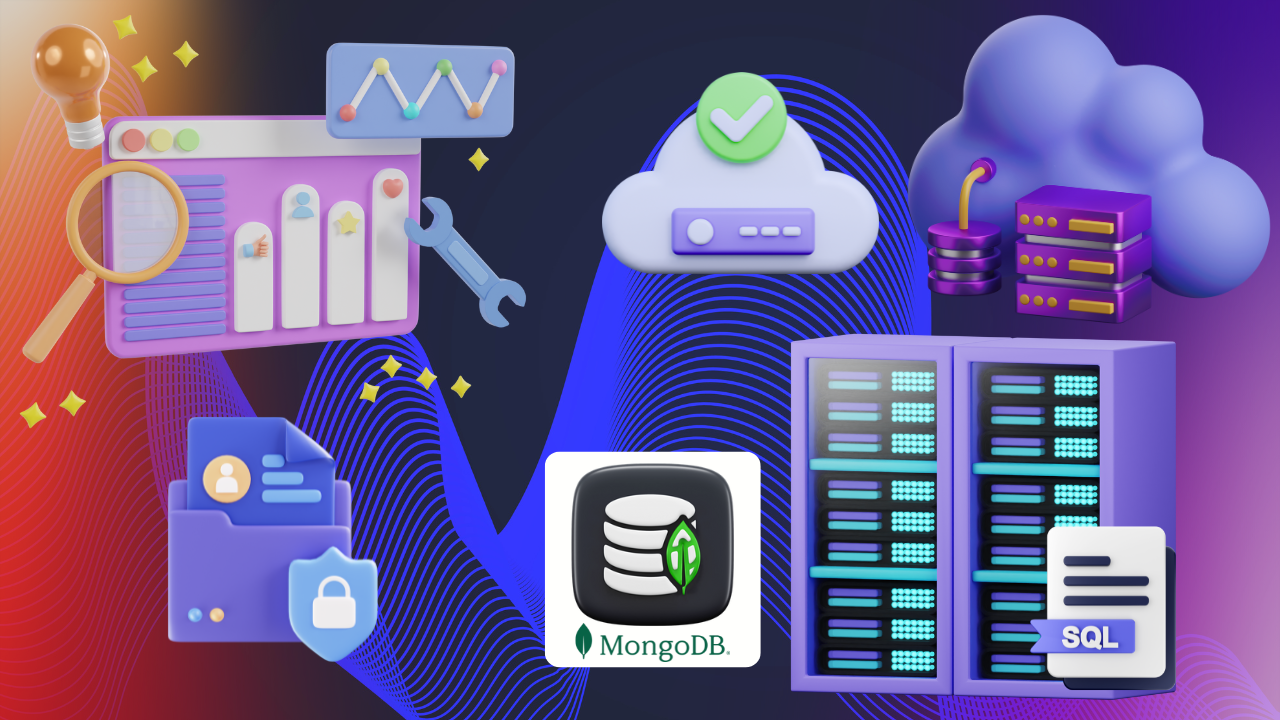
KLiC Data Structures (120 hours)
Build a strong foundation in computer science with our 120-hour Data Structures course. Learn to implement and analyze various data structures and algorithms to write efficient and optimized code.
What you’ll learn:
- Fundamentals of algorithms and their complexity.
- Implementing and using common data structures like arrays, linked lists, stacks, queues, trees, and graphs.
- Searching and sorting algorithms.
- Solving real-world problems using data structures and algorithms.
- Introduction to Data Structures and Algorithms
- Arrays, Linked Lists, Stacks, and Queues
- Trees, Heaps, and Graphs
- Searching and Sorting Algorithms
- Algorithm Design Techniques (Greedy, Dynamic Programming)
- Problem Solving with Data Structures
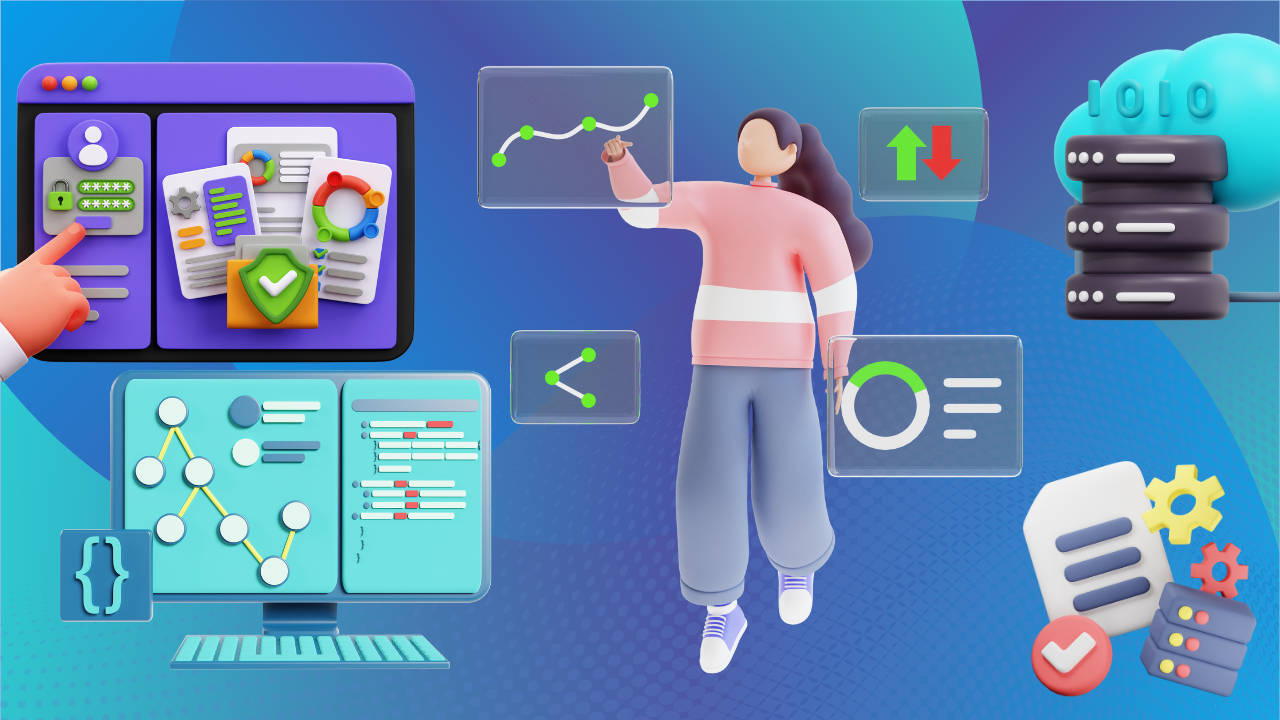
KLiC HTML & CSS (120 hours)
Learn the building blocks of the web with our 120-hour HTML & CSS course. Master the art of creating beautiful and responsive websites from scratch using the latest web standards.
What you’ll learn:
- Creating the structure of web pages with HTML.
- Styling web pages with CSS for a visually appealing design.
- Building responsive layouts that work on all devices.
- Introduction to CSS frameworks like Bootstrap.
- Introduction to HTML and Web Development
- HTML Tags, Attributes, and Elements
- CSS Fundamentals (Selectors, Properties, Values)
- CSS Box Model and Layout Techniques
- Responsive Web Design with Media Queries
- Introduction to Bootstrap

KLiC Java (120 hours)
Become a Java developer with our comprehensive 120-hour course. Learn the fundamentals of Java programming, object-oriented concepts, and build robust applications for various platforms.
What you’ll learn:
- Fundamentals of Java programming and the JVM.
- Object-oriented programming with Java.
- Exception handling, collections, and file I/O.
- Building graphical user interfaces (GUIs) with Swing.
- Introduction to Java and Object-Oriented Programming
- Java Syntax, Data Types, and Control Flow
- Classes, Objects, Inheritance, and Polymorphism
- Exception Handling and Collections Framework
- File I/O and GUI Programming with Swing
- Introduction to Java EE
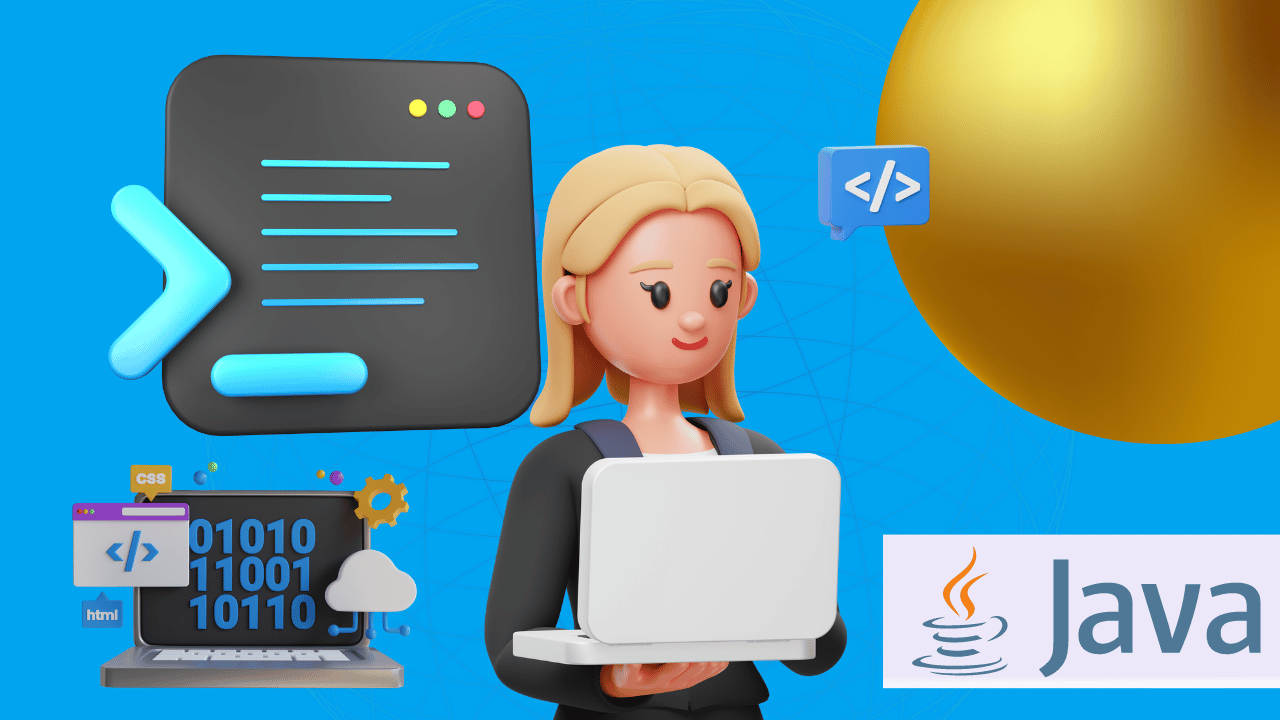
KLiC Advanced Java (120 hours)
Take your Java skills to the next level with our 120-hour Advanced Java course. Learn to build enterprise-level web applications using Servlets, JSPs, and frameworks like Spring and Hibernate.
What you’ll learn:
- Web development with Servlets and JSPs.
- Database connectivity with JDBC.
- Building web applications with Spring Framework.
- Object-relational mapping with Hibernate.
- Java EE Architecture and Web Applications
- Servlets, JSPs, and Expression Language (EL)
- JDBC and Database Programming
- Introduction to Spring Framework (Core, MVC)
- Introduction to Hibernate ORM
- Building a Complete Web Application
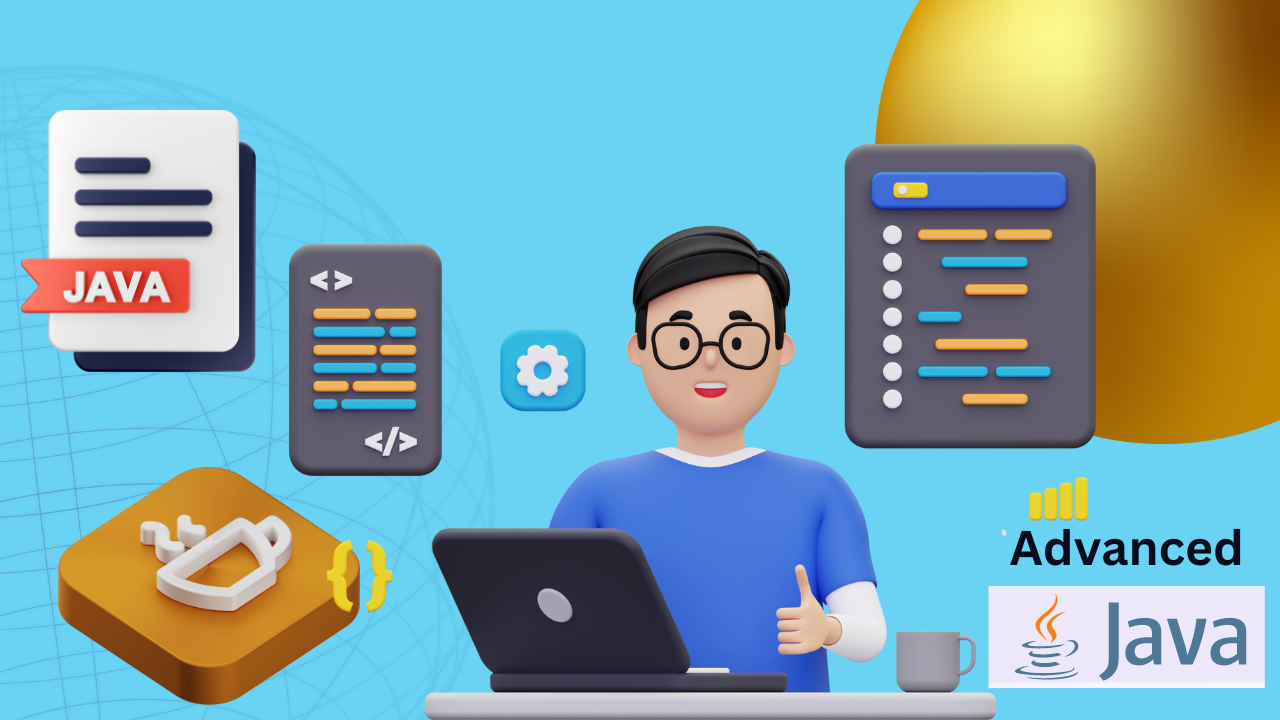
KLiC Mobile App Development (120 hours)
Learn to build native Android applications with our 120-hour Mobile App Development course. From user interface design to backend integration, you’ll gain the skills to create your own mobile apps.
What you’ll learn:
- Fundamentals of Android app development.
- Designing user interfaces with XML and Android Studio.
- Working with activities, fragments, and intents.
- Storing data with SQLite and connecting to web services.
- Introduction to Android and Mobile App Development
- Android Studio and a class=”online-card-course-title-card” href=”https://klic.mkcl.org/klic-courses/klic-java” title=”More Details about the KLiC Java Course” target=”_blank” rel=”noopener”>Java for Android
- User Interface Design and Layouts
- Activities, Intents, and Fragments
- Data Storage and Retrieval (SQLite, SharedPreferences)
- Working with APIs and Web Services
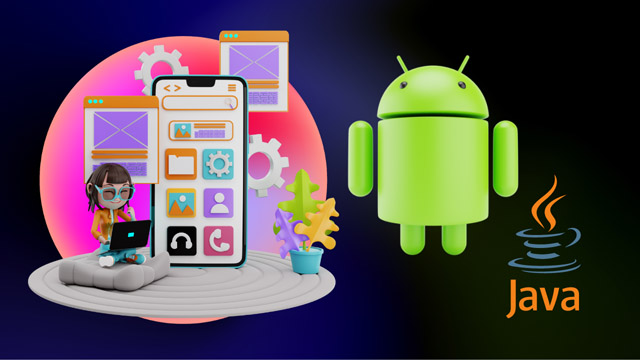
KLiC Python (120 hours)
Learn the versatile and powerful Python programming language with our 120-hour course. From web development to data science, Python is used in a wide range of applications, making it a valuable skill for any programmer.
What you’ll learn:
- Fundamentals of Python programming.
- Object-oriented programming with Python.
- Working with data structures, modules, and packages.
- Building applications using Python’s extensive libraries.
- Introduction to Python Programming
- Data Types, Variables, and Operators
- Control Flow, Functions, and Modules
- Data Structures (Lists, Tuples, Dictionaries, Sets)
- Object-Oriented Programming in Python
- File Handling and Exception Handling

KLiC Advanced Python (120 hours)
Take your Python skills to the next level with our 120-hour Advanced Python course. Dive deep into advanced topics like decorators, generators, and metaprogramming, and learn to build complex applications with frameworks like Django and Flask.
What you’ll learn:
- Advanced Python concepts like decorators, generators, and context managers.
- Web development with Django and Flask.
- Data analysis with Pandas and NumPy.
- Building and consuming APIs.
- Advanced Object-Oriented Programming
- Decorators, Generators, and Iterators
- Web Development with Django and Flask
- Data Analysis with Pandas and NumPy
- Building RESTful APIs
- Testing and Debugging Python Applications
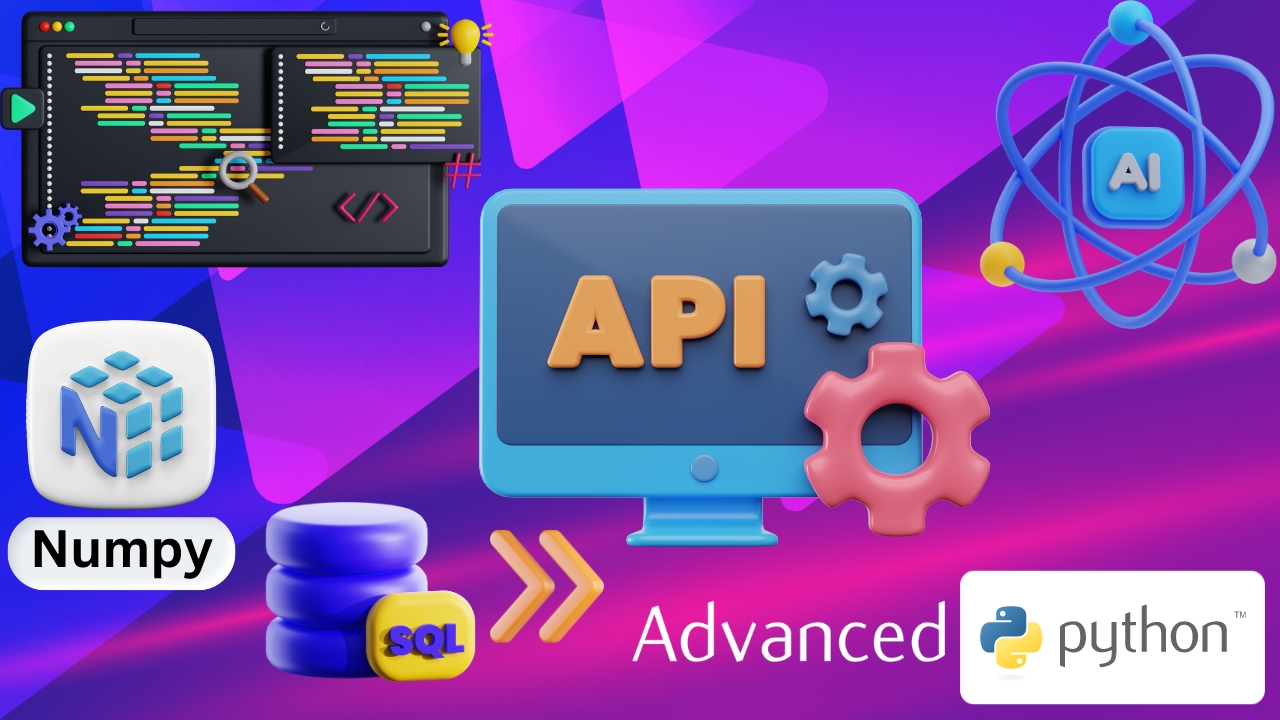
KLiC PHP (120 hours)
Learn to build dynamic and interactive websites with our 120-hour PHP course. Master the fundamentals of PHP, work with databases, and build web applications from scratch.
What you’ll learn:
- Fundamentals of PHP programming.
- Working with forms, sessions, and cookies.
- Database connectivity with MySQL.
- Building a complete web application with PHP.
- Introduction to PHP and Web Development
- PHP Syntax, Variables, and Operators
- Control Structures and Functions
- Working with Forms and Superglobals
- Database Integration with MySQLi
- Building a CRUD Application

Why Choose MKCL KLiC?
Who Should Join?
- Aspiring software developers and programmers.
- Students and professionals looking to learn a new programming language.
- Anyone interested in building applications for web, mobile, and desktop.
- Individuals who want to pursue a career in the high-demand field of software development.
Hands-On, Project-Based Learning
Our courses are designed to be practical and hands-on, with a focus on building real-world projects to solidify your understanding and build a strong portfolio.
Certification
Our KLiC courses are recognized by Yashwantrao Chavan Maharashtra Open University (YCMOU). Upon successful completion, you will receive a certificate from MKCL and a mark sheet from YCMOU (for learners in Maharashtra).
Fee Structure
KLiC Courses Fee Structure (from 01 July, 2025 Onwards)
| KLiC Course Duration | MFO: MKCL Share (Including 18% GST) | MKCL Certificate | YCMOU Marksheet |
|---|---|---|---|
| 120 hours (With YCMOU Marksheet) | Rs. 1,118/- | Available | Available |
| 120 hours (Without YCMOU Marksheet) | Rs. 1,000/- | Available | Not Available |
KLiC Courses Fee Structure (upto 30 June, 2025)
| Mode | Total Fee (Rupees) | Single Installment (Rupees) | Two Installments (Rupees) |
|---|---|---|---|
| Single Installment (120 hours) | 6000/- | 6000/- | N/A |
| Two Installments (120 hours) | 6200/- | 3100/- | 3100/- |
*Total fee includes course fees, examination fees, and certification fees. MKCL reserves the right to modify the fee at any time without prior notice.
Why Choose MKCL KLiC?
Who Should Join?
- Aspiring software developers and programmers.
- Students and professionals looking to learn a new programming language.
- Anyone interested in building applications for web, mobile, and desktop.
- Individuals who want to pursue a career in the high-demand field of software development.
Hands-On, Project-Based Learning
Our courses are designed to be practical and hands-on, with a focus on building real-world projects to solidify your understanding and build a strong portfolio.
Certification
Our KLiC courses are recognized by Yashwantrao Chavan Maharashtra Open University (YCMOU).
Upon successful completion, you will receive a certificate from MKCL and a mark sheet from YCMOU (for learners in Maharashtra).
Fee Structure
KLiC Courses Fee Structure (from 01 July, 2025 Onwards)
| KLiC Course Duration | Course Fee (Incl. 18% GST) | MKCL Certificate | YCMOU Marksheet |
|---|---|---|---|
| 120 hours (With YCMOU Marksheet) | ₹1,118 | ✓ Included | ✓ Included |
| 120 hours (Without YCMOU Marksheet) | ₹1,000 | ✓ Included | ✗ Not Included |
